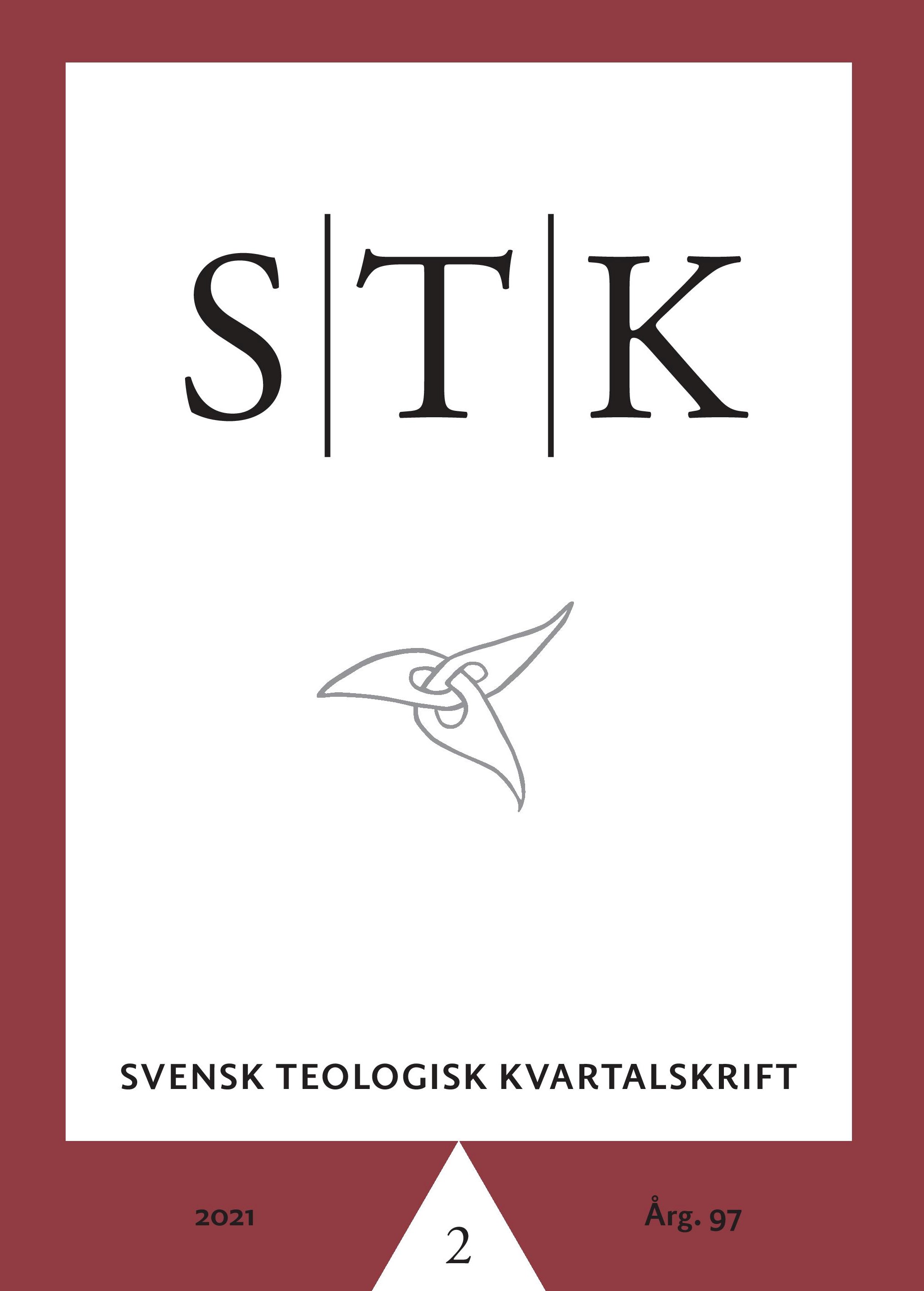“In That Water You Could Rinse Things Clean”
Blood, Shame, and Baptism in Marilynne Robinson’s Lila
DOI:
https://doi.org/10.51619/stk.v97i2.23192Abstract
The aim of this article is to explore the depiction of baptism in Marilynne Robinson's Lila. In a way that is unique for contemporary fiction, the protagonist, Lila, seeks in baptism a relief of her chronic feelings of shame and a confirmation that she is loved. However, after her baptism the Calvinist doctrine of election drives Lila to emotional and theological despair. I suggest that the Calvinist notion of adoption in baptism is a unifying thread in Lila's theological and psychological dilemma, emphasized by her reading of the Book of Ezekiel. From a theological point of view, in baptism one changes ontologically for once and for all. But Lila's story shows that grappling with this transformation can be an emotionally painful process. Robinson depicts her protagonist as a theologian in her own right. This is significant in a novel in which the theological authority lies with male pastors and theologians, regardless of whether they are present in theological books or in religious communities in the 1950s Midwest. Lila understands in a mystical experience of heaven that she will be able to bring her non-Christian loved ones with her into heaven. This unusual rewriting of sacramental theology signifies how Lila constructs her own theology; a rewriting that connects baptism with Barth's universalism and his idea of restoring all humanity. Thus, I argue in this article that in Lila Robinson incorporates a recurring idea of sacramental theology into her fiction, a final restoration in which grace mends the relationships severed in and by life.
Downloads
Published
Issue
Section
License
Copyright (c) 2021 Elina Takala

This work is licensed under a Creative Commons Attribution-NonCommercial-NoDerivatives 4.0 International License.


